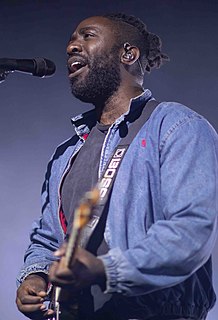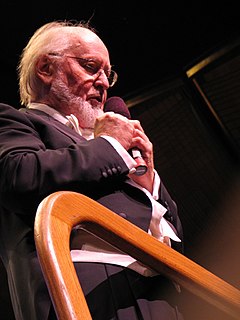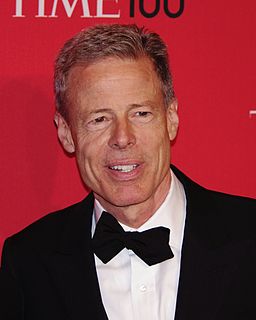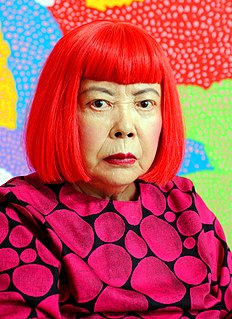A Quote by Aldous Huxley
?"But that's the price we have to pay for stability. You've got to choose between happiness and what people used to call high art. We've sacrificed the high art.
Related Quotes
Intellectual culture seems to separate high art from low art. Low art is horror or pornography or anything that has a physical component to it and engages the reader on a visceral level and evokes a strong sympathetic reaction. High art is people driving in Volvos and talking a lot. I just don't want to keep those things separate. I think you can use visceral physical experiences to illustrate larger ideas, whether they're emotional or spiritual. I'm trying to not exclude high and low art or separate them.
I never understood the low art/high art distinction. I think there's real currency in pop culture. We read trashy magazines as much as the next person. So I never saw the point in listening to only one thing. That low art/high art distinction comes from the establishment telling me how I'm supposed to think.
The reason people talk about cable cutting is they imagine the price burden will get so high that people won't be able to pay it. They're missing something: that the actual price of the electronic package is going down. They've got their Internet, phone, TV, all of it. Now people are using more and more stuff for less.






































